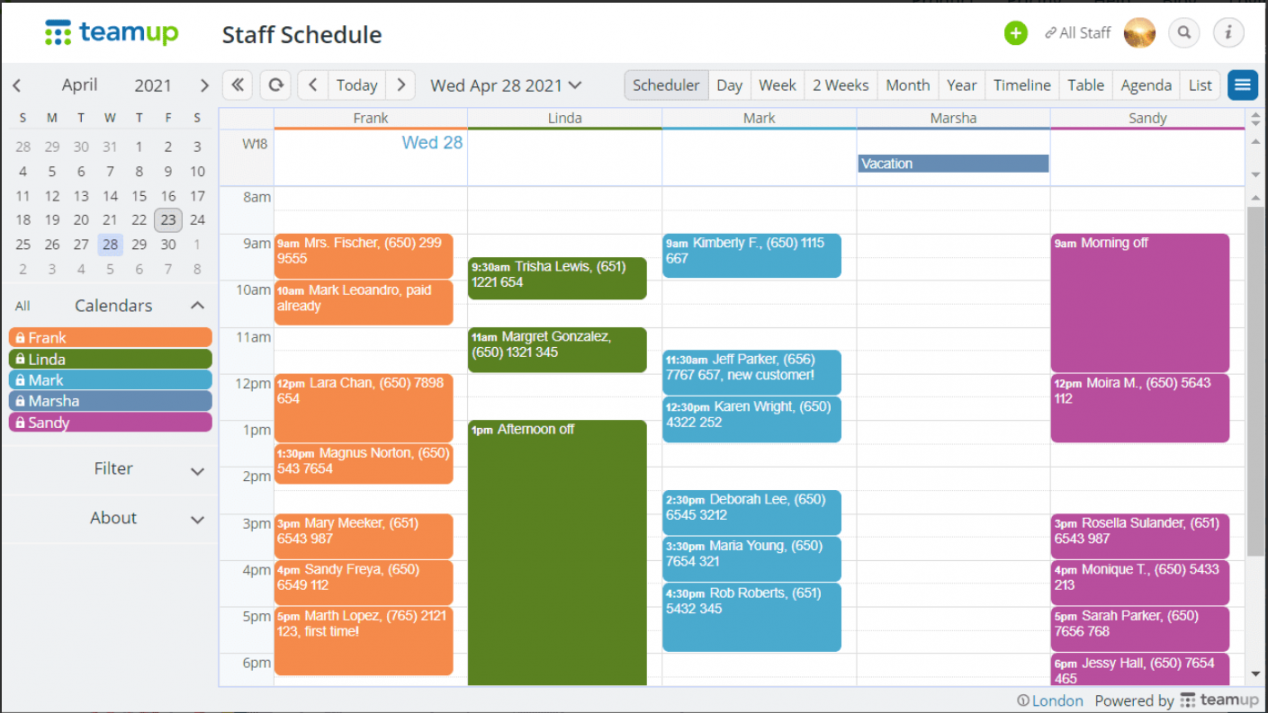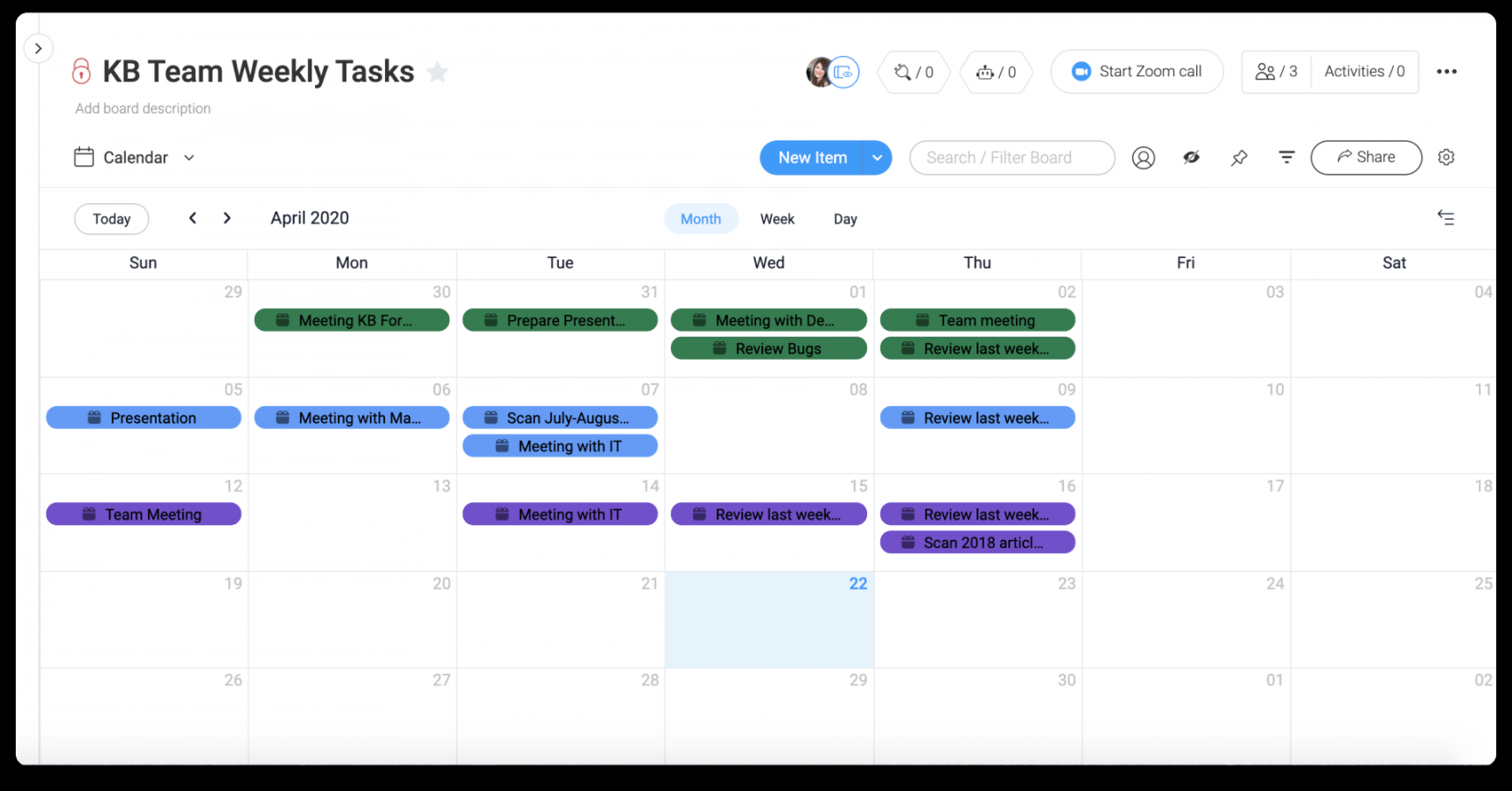Calendaring for Team Success: Enhancing Collaboration and Productivity

Think of it as the art of leveraging calendars to optimize your team’s workflow. It’s not just scheduling meetings and deadlines – it’s about creating a system that fosters collaboration, transparency, and efficiency.

By taking advantage of team calendars, everyone is in the loop:
Improved coordination: No more scheduling conflicts or missed meetings. Everyone can see everyone else’s availability, making it easier to plan projects and meetings.

Traditional methods like paper calendars and individual email calendars have limitations. They’re siloed, prone to errors, and lack real-time updates.
Enter the world of digital team calendars! These online tools offer a plethora of features that traditional calendars can’t match:
Shared calendar view: Everyone can see everyone else’s schedule.
There are a number of great digital team calendars available, each with its own strengths and weaknesses. Popular options include Google Calendar, Microsoft Outlook Calendar, and Teamweek.
Here are some additional resources to help you get started:
Blog post: “8 Calendar Management Best Practices to Improve Your Productivity”
By adopting effective calendaring practices, you can unlock a range of benefits for your team, from improved collaboration and communication to increased productivity and efficiency. So, ditch the outdated paper calendars and embrace the power of digital team calendars to take your team’s success to the next level.
The biggest challenges often include resistance to change, lack of training, and choosing the right tool for your team’s needs.
Start by highlighting the benefits that team calendars can offer. Once your team sees the value, they’ll be more likely to embrace the change.
Set clear expectations and guidelines for using the calendar.
Team calendars can be a valuable tool for keeping remote teams connected and organized. By sharing schedules, deadlines, and project updates, teams can stay on track even when they’re not physically in the same location.
Project management software and task management apps can sometimes offer similar features to team calendars. However, these tools may not be as comprehensive or user-friendly for all teams.